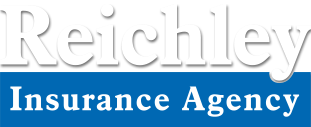Insurance Myth Busters… All I Need Is Replacement Cost Coverage
Most people think, “If my policy has replacement cost coverage I am ok, right?” Well, maybe not. The term “replacement cost” means “the cost to replace the property on the same premises with other property of comparable material and quality used for the same purpose.”
A Common Myth
“My policy has replacement cost coverage, so I am covered in the event of a loss.”
Myth Busted
Replacement cost coverage has limitations. The most important limitation is that it will only repair or replace up to the policy limit. So, if your building has a replacement value of $500,000, but your policy has a limit of $450,000, you are underinsured by $50,000.
There may also be a need for functional or extended replacement cost coverage in certain situations. A guaranteed replacement cost policy pays whatever it costs to rebuild your building as it was before the fire or other disaster–even if it exceeds the policy limit.
The example above is an excellent example of why it is important to have an agent who knows and understands insurance, and one who can communicate complex issues in “English”. This allows our customers to make intelligent choices regarding their insurance.







